Work Package 5
Demonstration Use Cases (WP5)
The use cases identified for CyberSec4Europe provide the common research, development and innovation concepts to be developed by design and research activity (WP3), ensuring their integration in to the demonstration cases in each of the project phases.
Each of the tasks is developing specific demonstration use cases associated with a particular vertical sector. The task of the overall workpackage coordinator is to ensure that as many common technologies as possible are identified: the target is to maximise the resources allocated to each of the research items.
The use case/demonstration case scenarios are:
- Open banking
- Supply chain security assurance
- Privacy-preserving identity management (in Higher Education)
- Incident reporting (in finance)
- Maritime transport
- Medical data exchange
- Smart cities (personal data exchange among citizens and other city stakeholders)
The demonstration cases
- Open Banking seeks to
- address the risks and vulnerabilities of cybersecurity attacks such as malware, phishing or social engineering.
- protect the management policies of banks and their weaknesses in the design or implementation of APIs
- prevent fraud and data loss in relation to monetary transactions by third parties in an open bank environment
- provide confidence and security to users when searching for account information.
- Supply chain Security Assurance is providing a blueprint for supply chain solutions for multiple sectors. The main characteristics of this supply chain are that it should be traceable in all components, to assure quality and integrity, as well as be non-repudiable, detect errors or manipulations and a quick response.
- Privacy-Preserving Identity Management enables a distributed platform to manage identity and authenticated services. It is seeking to achieve strong, privacy-preserving authentication as well as providing consent for and controling the data usage with privacy-preserving seamless ideals. One of the consequences is to supply trustworthy information exchange between official organisations as well as give a transversal consciousness about how to control the privacy and increase trust in online services.
- Incident Reporting is developing a platform for sharing and reporting incidents according to different procedures and methods and in a secure way. The data sharing is bi-directional, in a centralised or decentralised environment, trustworthy and secure.
- Maritime Transport identifies the cybersecurity challenges in the maritime domain covering the whole ecosystem including at the port and onboard the ship. The aim is to detect security threats, develop models for these threats and respond to them, as well to assist the relevant stakeholders by updating then with the related regulations and practices.
- Medical Data Exchange is related to the sharing and protection of medical data, both sensitive or personal, The objective is to demonstrate a secure and trustworthy exchange of this information involving several actors and with different objectives and with different objectives and requirements in terms of security, data protection, and trust issues, as well as in harmony with the applicable legislation and the strategic policy framework.
- Smart Cities seeks to connect cybersecurity challenges in an open smart city market environment based on the needs of cities and their communities. It includes an ecosystem where new ideas, needs, best practices, lessons learned, and the information concerning are shared.
From 25-26 February 2020, Alessandro Sforzin, NEC Labs Europe GmbH, explains the objectives and ambitions of the demonstrator use cases
Participants
AIT Austrian Institute of Technology GmbH
ATOS
Cybernetica
CNR
CTI
Dawex
Delft University of Technology (TUD)
Engineering Ingegneria Informatica S.p.A (ENG)
Intesa Sanpaolo
Informatique Banque Populaire
JAMK University of Applied Sciences
Johann Wolfgang Goethe-Universität Frankfurt
NEC Laboratories Europe GmbH
- Alessandro Sforzin
